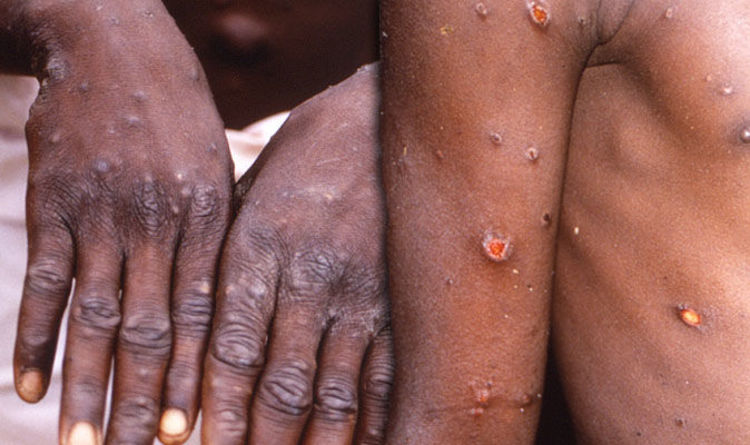The Ghana Health Service (GHS) has confirmed a case of monkeypox in the Bia West District of the Western North Region. The case involves a 15-year-old
The Ghana Health Service (GHS) has confirmed a case of monkeypox in the Bia West District of the Western North Region. The case involves a 15-year-old male who sought treatment at a district government hospital on September 25, 2024, presenting with a three-day history of fever, general body pains, a sore throat, and a rash, which initially appeared on his palms and face.
In a statement issued to caution the public, the GHS revealed that 230 other suspected cases have been reported across 88 districts in the country. Twenty-five individuals who contacted the patient have been identified and monitored closely.
The GHS is conducting an initial public health investigation into the confirmed case. It has indicated that it will notify the World Health Organisation (WHO) as part of its ongoing response efforts. The public is advised to remain vigilant and follow health guidelines to prevent the spread of the virus.
Mpox is an infectious disease that can cause a painful rash, enlarged lymph nodes, fever, headache, muscle ache, back pain and low energy. Most people fully recover, but some get very sick. Mpox is caused by the monkeypox virus (MPXV). It is an enveloped double-stranded DNA virus of the Orthopoxvirus genus in the Poxviridae family, which includes variola, cowpox, vaccinia and other viruses.
There are two distinct clades of the virus: clade I (with subclades Ia and Ib) and clade II (with subclades IIa and IIb). A global outbreak of clade IIb began in 2022 and continues to this day, including in some African countries. There are also growing outbreaks of clades Ia and Ib affecting the Democratic Republic of the Congo and other countries in Africa. As of August 2024, clade Ib has also been detected beyond Africa.

COMMENTS